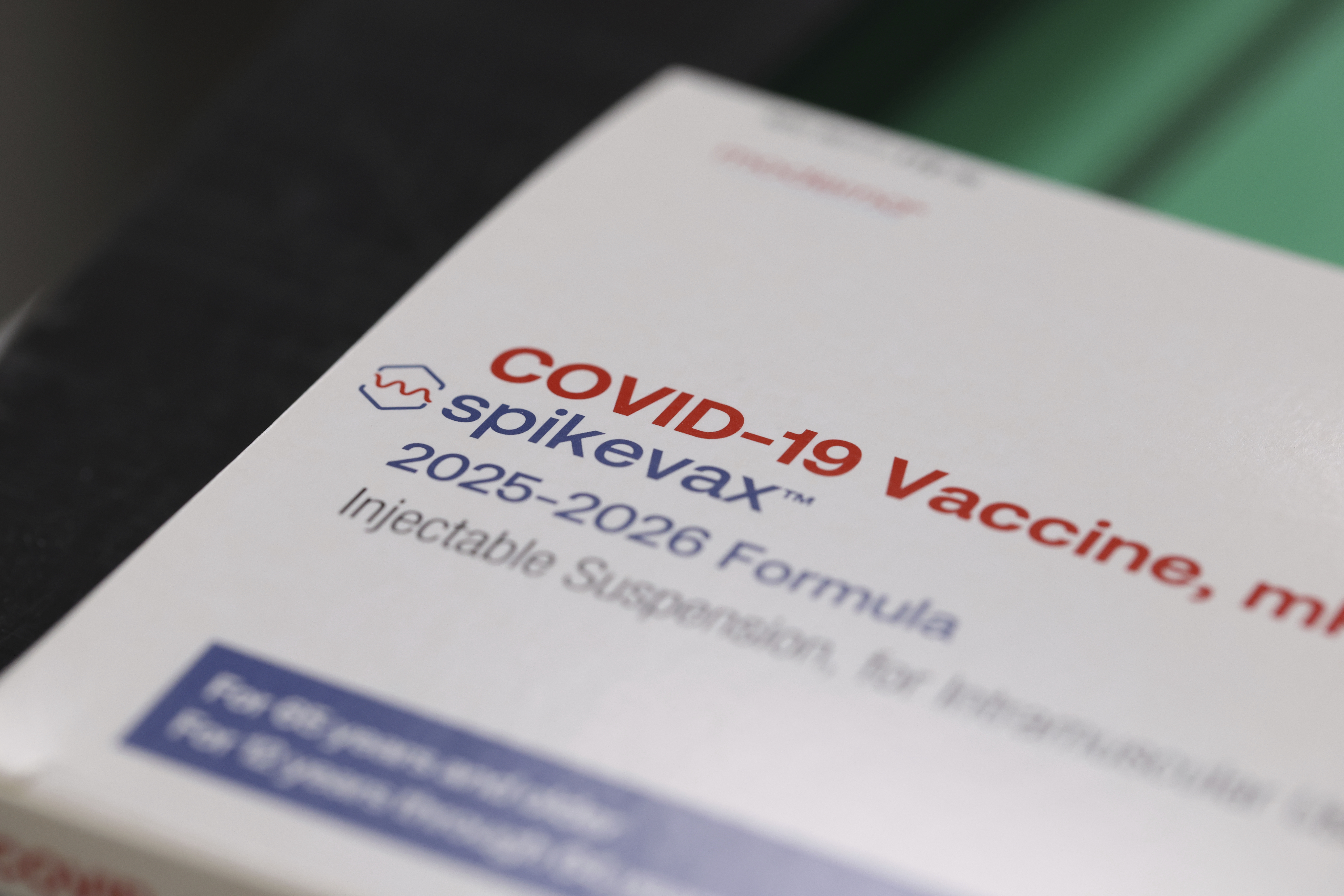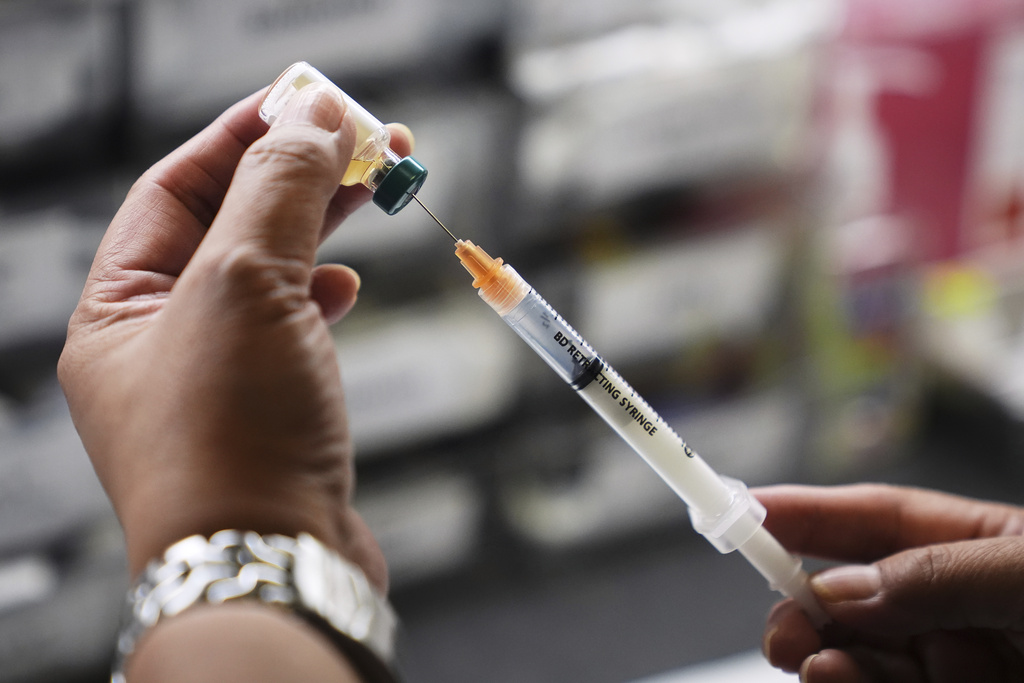When it comes to getting sick with COVID-19, you might be thinking about this, and we have too. Patrick Gallagher emailed us asking: “What's the risk of getting COVID-19 on an airplane?"
We asked the experts: Katie Cary, vice president of infection prevention for HCA Continental Division; Dr. Irfan N. Hafiz, infectious disease physician and Northwest Region chief medical officer at Northwestern Medicine; and Dr. Nipunie Rajapakse, a pediatric infectious diseases physician at the Mayo Clinic. Their take: Contracting COVID-19 from flying is high-risk.
"It's not as much as a function of the flying part, but it's how many people you're in contact with and how closely you're in contact with. Certainly earlier on in the pandemic, international travel was higher risk because of hot spots around the world. But that is a little bit less the case because it's a pandemic. It's almost everywhere in the U.S. We're seeing quite a bit of spread. So there's probably not a lot of difference between domestic and international travel," Hafiz said.
"Risks of air travel relate to coming in contact with people from maybe from many different areas within the airport or on the airplane," Rajapakse said.
"A lot of airlines are requiring masks, which I think is very, very important. You know, the key is, again, don't get on a plane if you're feeling symptoms of respiratory illness. And then when you're on the plane, making sure you can wipe down your seat, you can wipe down your tray table, wear a mask. And, of course, just wash your hands," Cary said.
"We definitely recommend against traveling to areas that are having large ongoing outbreaks. Some of the larger metropolitan areas, New York, Chicago, those types of places, we would recommend traveling against. And really we would still encourage people to limit any travel to what is essential at this point, just because the risks are quite significant still with traveling," Rajapakse said.
If you have a question about your risk, send a video question to whatstherisk@newsy.com.











